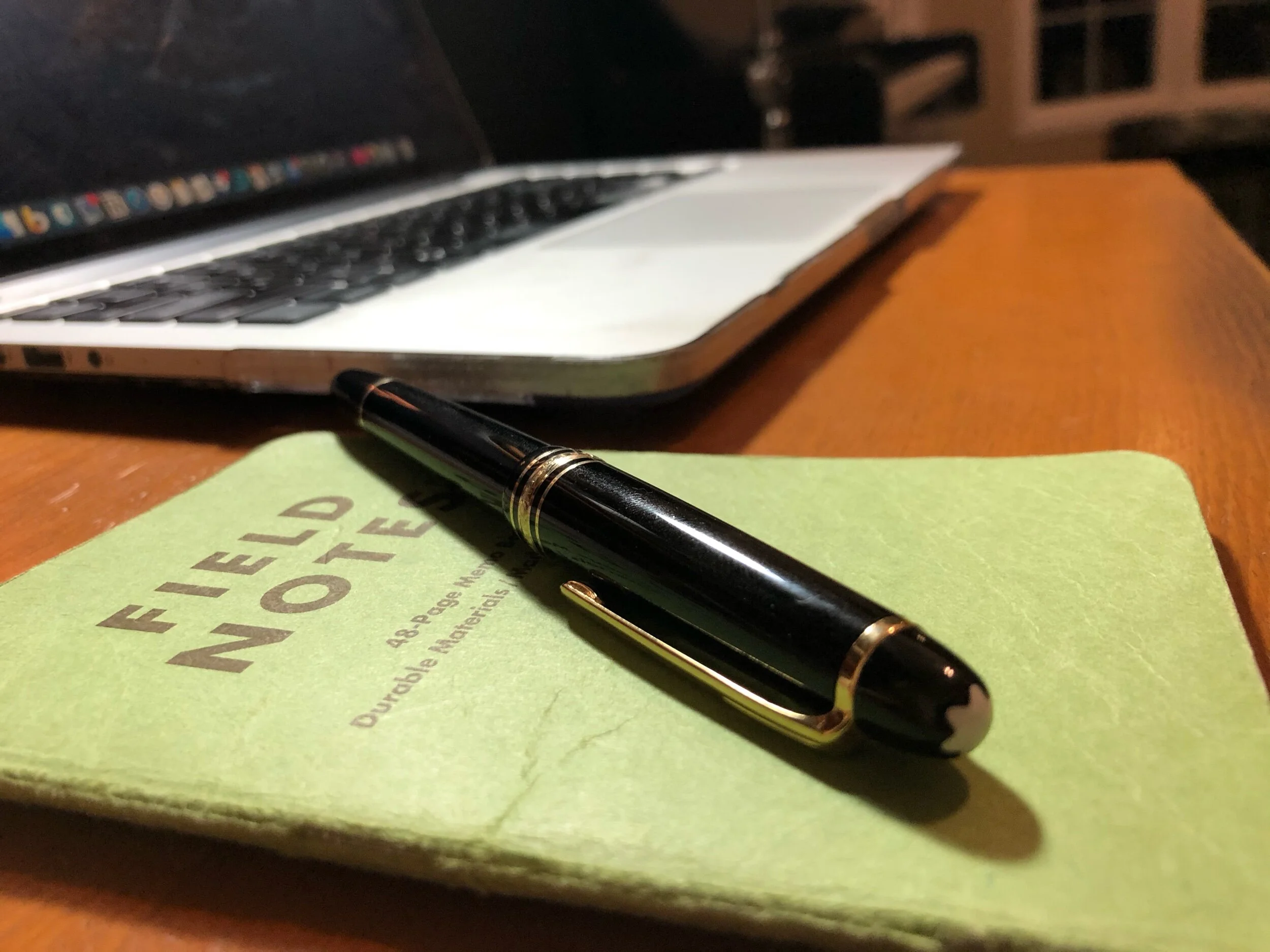Daniel Gross has written some interesting thoughts on improvisational productivity:
The longer you think about a task without doing it, the less novel it becomes to do. Writing things in your to-do list and coming back to them later helps you focus, but it comes at the cost: you’ve now converted an interesting idea into work. Since you’ve thought about it a little bit, it’s less interesting to work on.
It's like chewing on a fresh piece of gum, immediately sticking it somewhere, then trying to convince yourself to rehydrate the dry, bland, task of chewed-up gum. Oh. That thing. Do you really want to go back to that? “We’ve already gone through all the interesting aspects of that problem, and established that there’s only work left”, the mind says.
In knowledge work, this is the transition between having ideas, planning them, and moving into the execution stage. The timeline becomes longer with each of these three steps, at the same time that that the initial clarity of the idea becomes ever more concrete (and paradoxically farther away) the farther you move into the project.
Daniel’s solution:
…my solution is to (somewhat counter-intuitively) not think about the task until I am ready to fully execute it. I do not unwrap the piece of gum until I’m ready to enjoy it in its entirety. I need to save the fun of thinking to pull myself into flow.
This is where a system comes into play, as well as the world of productivity tools that can help you to get there. I must admit that I fell down the rabbit-hole of the productivity world long ago, and it has without a doubt helped me to get where I am at present. There are one-size-fits-all solutions such as David Allen’s Getting Things Done (check out this quick run-through of the system) and I used this system for many years. And although using GTD always helped me to understand my current responsibilities, it never got me into a flow state with any consistency. At present, I use the Simple Scanning method of Mark Forster, which I find helps me keep track of my complete responsibilities as much as other systems, with a much more intuitive moment-to-moment sense of what i need to do and how it’s progressing over time.
But as someone who works in the portfolio-based world of the arts (which only partly explains the kind of work I currently do), managing even one project becomes far more challenging if you combine it with a bunch of other projects in multiple areas of focus. Here are some elements that add complexity to the mix:
the degree of agency on a project: is this something that I have the final say on, or is it for someone else?
separating strategy from next actions
projects that have defined end-points or ongoing responsibilities
managing the nature of different work contexts: home office, the work office, on the road
discretionary time vs. pre-scheduled events (ie. teaching lessons, performing, examining)
a constant stream of new information arriving in my inbox
Learning to say no has also helped me clarify my priorities considerably. So my method of working is constantly evolving, and I love talking about it. Leave your comments below!
